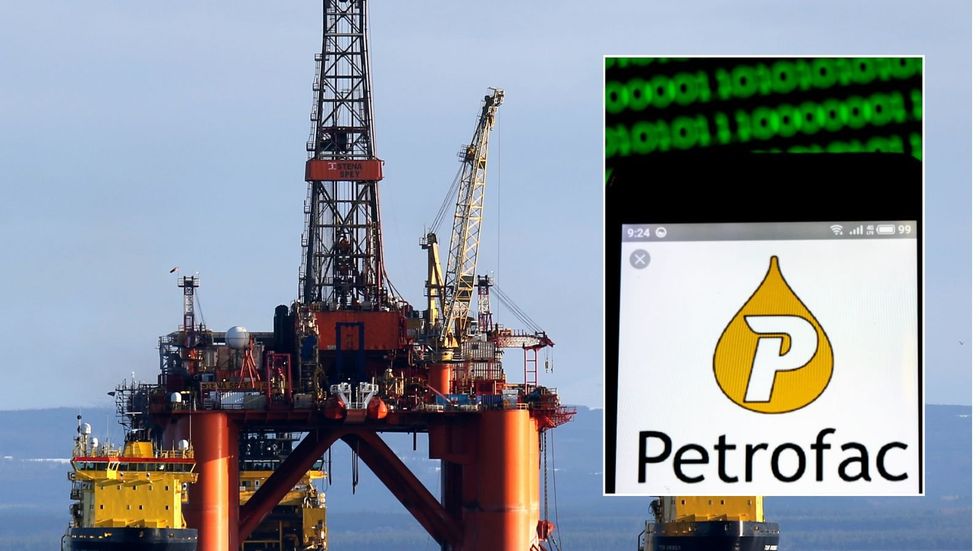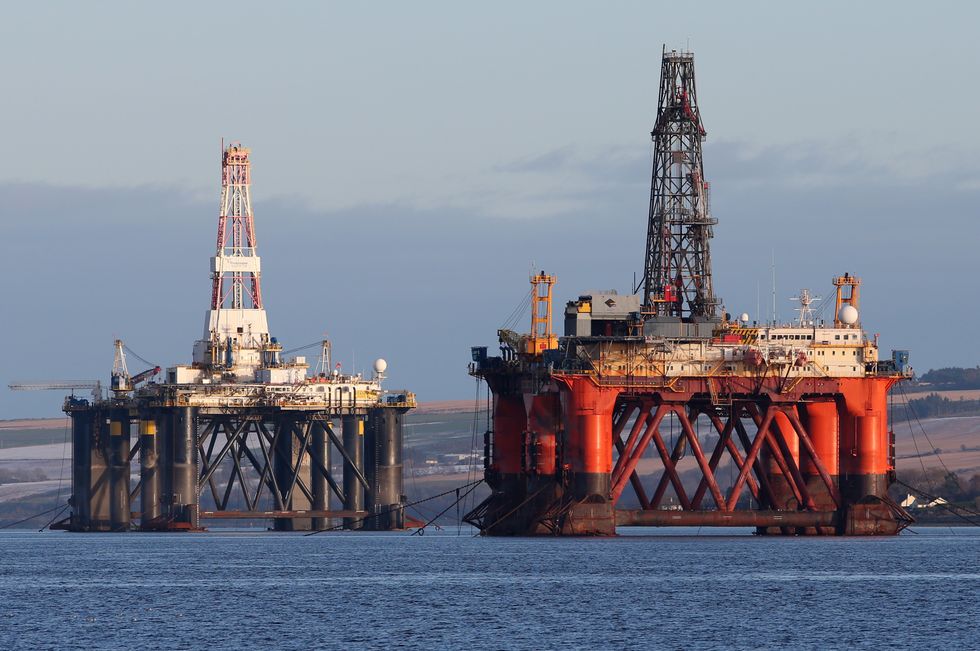North Sea oil giant falls into administration with thousands of jobs at risk after energy tax row

Petrofac has appointed administrators as it explores new restructuring solutions
Don't Miss
Most Read
Latest
A major North Sea oil and energy giant has filed for administrators in a move placing thousands of jobs at risk amid ongoing scrutiny over windfall taxes imposed on the sector.
Petrfoac has confirmed it made the decision after one of TenneT, one of its customers, cancelled its working relationship with the firm over a 2GW energy programme in the Netherlands.
In a statement, a spokesperson for Petrfoac shared: "Having carefully assessed its options, and the impact of TenneT’s decision… the directors of Petrofac Limited have applied to the High Court of England and Wales to appoint administrators.
"When appointed, administrators will work alongside executive management to preserve value, operational capability and ongoing delivery across the group’s operating and trading entities."

A major North Sea oil giant has fallen into administration with 1,000s of jobs at risk
|GETTY / PA
Notably, the company cited that its operations will continue to trade, and new avenues for alternative restructuring and M&A solutions were being "actively explored" by administrators.
Over the past year, the company's share price on the London Stock Exchange slipped by more than two-thirds amid ongoing business struggles.
The firm has been forced to contend with a corruption scandal in its Middle East operations and previous disruption at an oil refinery in Thailand.
In May 2025, the company's shares were suspended due to Petrofac's ongoing financial woes.
 Energy experts have previously warned Britain's increased dependency on imported oil and gas will drive prices even higher | PA
Energy experts have previously warned Britain's increased dependency on imported oil and gas will drive prices even higher | PAThe firm falling into administration would be another obstacle the Labour Government will have to address as ministers attempt to lower bills and keep the UK energy sector afloat.
Ministers have come under over the move to block new North Sea oil licences and the move to remove fossil fuels from electricity power across households.
In recent months, industry representatives have urged the Government to axe windfall taxes on oil giant as part of Chancellor Rachel Reeves's Autumn Budget.
Earlier this month, The Tony Blair Institute called on ministers to scrap the 2030 clean power target and prioritise slashing energy bills.
LATEST DEVELOPMENTS
Outside of the UK, Prime Minister Keir Starmer Keir Starmer is also under pressure calls US President Donald Trump's administration to expand oil projects in the North Sea.
In Holyrood, MSPs have warned that more jobs in renewable energy were not keeping up with the losses across the wider sector.
A spokesperson for the Department for Energy Security and Net Zero (DESNZ) said: “The UK arm of Petrofac has not entered administration and is continuing to operate as normal, as an in-demand business with a highly skilled workforce and many successful contracts.
"Petrofac’s administration is a product of longstanding issues in their global business.
 The Government has committed to more energy bill support | GETTY
The Government has committed to more energy bill support | GETTY "The Government will continue to work with the UK company as it focuses on its long-term future. Ministers are working across all parts of government led by DESNZ in support of this."
Under the Energy Profits Levy, which was levied at oil and gas companies operating in the North Sea in May 2022, a 25 per cent charge on top of the existing tax regime was introduced. This has since increased to 38 per cent, meaning the effective tax rate on oil production sits at around 78 per cent.
This windfall tax was introduced on the basis that these firms were benefiting from profits far beyond normal levels due to the price shock following Russia’s invasion of Ukraine.
Although originally billed as temporary, the levy has been extended to run until March 2030, with a mechanism allowing it to fall away earlier if oil and gas prices drop back to more historically "normal" levels.
More From GB News











